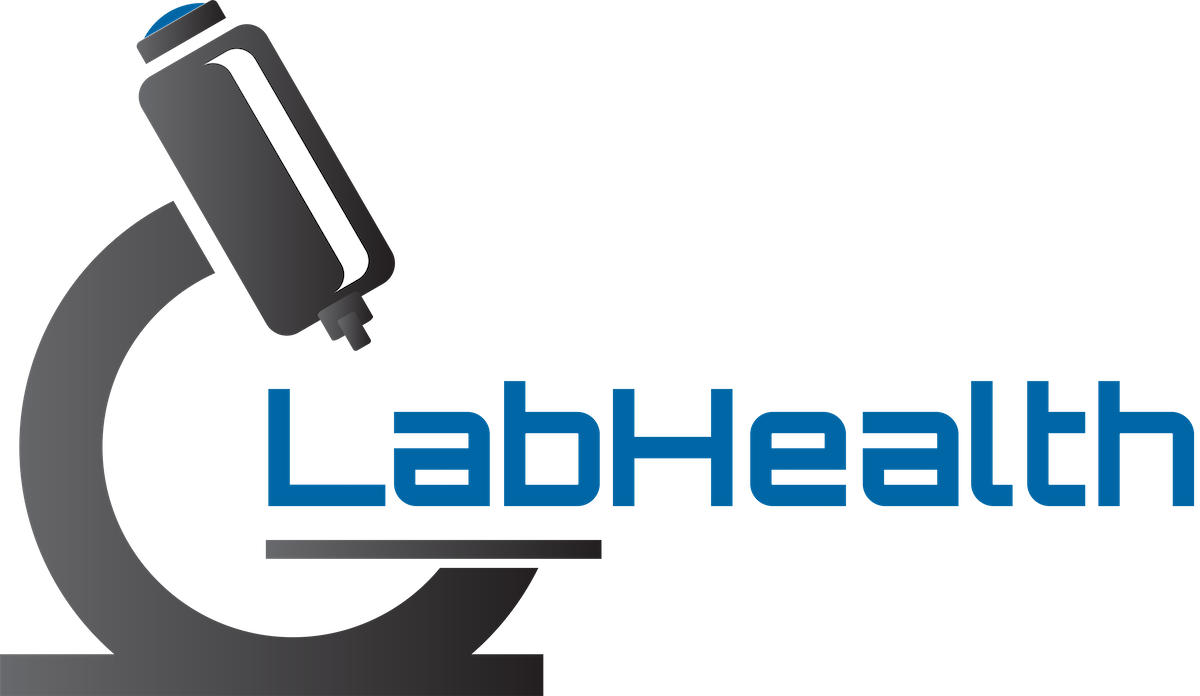Laboratories must always uphold a strict chain of custody protocol. This makes sure that specimens are properly tracked from the initial receipt at the testing location to the issue of patient results. Report quality is dependent on how samples are managed throughout processing.
Accuracy in specimen handling can be insured by following important guidelines. Specimens must be precisely labeled and accessioned into a laboratory information management system (LIMS) with a unique identifying number and received date. After unpacking samples, aliquots for processing must be meticulously pipetted using proper well plate management. Aseptic technique is followed at every step of preparation. Samples must be stored at the proper preservation temperature with the necessary volume for testing before and after the laboratory workflow begins.
A streamlined process developed through robust standard operating procedures (SOPs) can minimize the ability for error to occur. Errors can unfortunately be made at multiple stages of the handling process. Specimen quality can be compromised by a breach in aseptic technique or through quality control issues. Samples can also be misplaced during the unpacking process, leading to a disconnect between the physical sample in hand and the logged requisition number in the information system. Any errors that arise may lead to a delay in turnaround time for the sample and thus delayed clinical results for a patient in need of urgent health care. It is imperative that specimen handling is managed as carefully as possible to avoid these mistakes from happening.
The laboratory information system (LIS), also known as a laboratory information management system (LIMS), can aid laboratories in minimizing the risk of error. Proper sample handling and accessioning is crucial to preserving accurate testing results. The LIS can provide restricted user access within its system, assisting in managing specimen accession to individuals who are qualified to perform this duty. Inventory usage and specimen storage location can also be limited to authorized personnel only. Data entry can be tracked by an audit trail, showing laboratory management if a specific user might have made erroneous changes within the system. Specimens unable to be processed due to integrity issues or improper sample collection can be recorded with justification for rejection. This tracking provides evidence-based on state regulatory guidelines that all SOPs are being strictly adhered to throughout the laboratory process.
Sample management systems like LabHealth ensure HIPAA compliant data security as well as the accuracy of sample results by automating phases of the laboratory process; thus increasing the overall reliability of testing.




